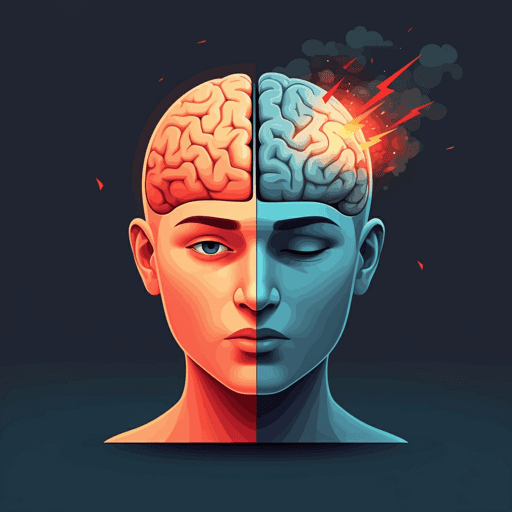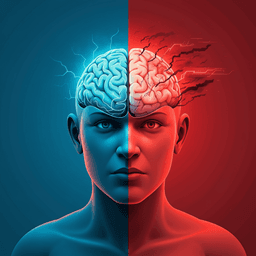
Psychology
Prolonged exertion of self-control causes increased sleep-like frontal brain activity and changes in aggressivity and punishment
E. Ordali, P. Marcos-prieto, et al.
Exerting self-control for about 45 minutes increases the likelihood of aggressive choices in social interactions and is linked to increased sleep-like (delta) EEG activity in frontal decision-making regions—suggesting brief local ‘micro-sleeps’ can impair impulse control. Research conducted by Erica Ordali, Pablo Marcos-Prieto, Giulia Avvenuti, Emiliano Ricciardi, Leonardo Boncinelli, Pietro Pietrini, Giulio Bernardi, Ennio Bilancini.
Related Publications
Explore these studies to deepen your understanding of the subject.







